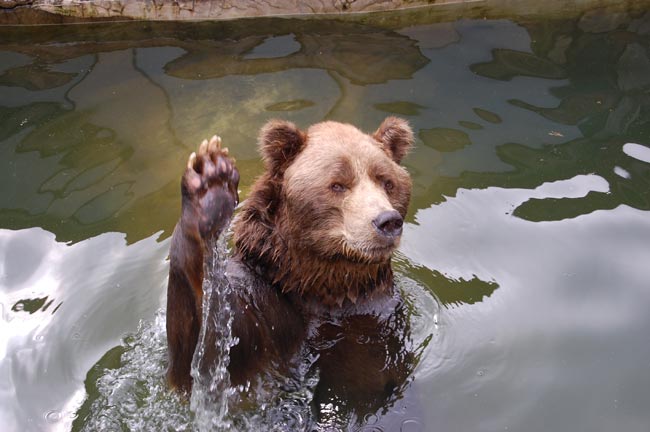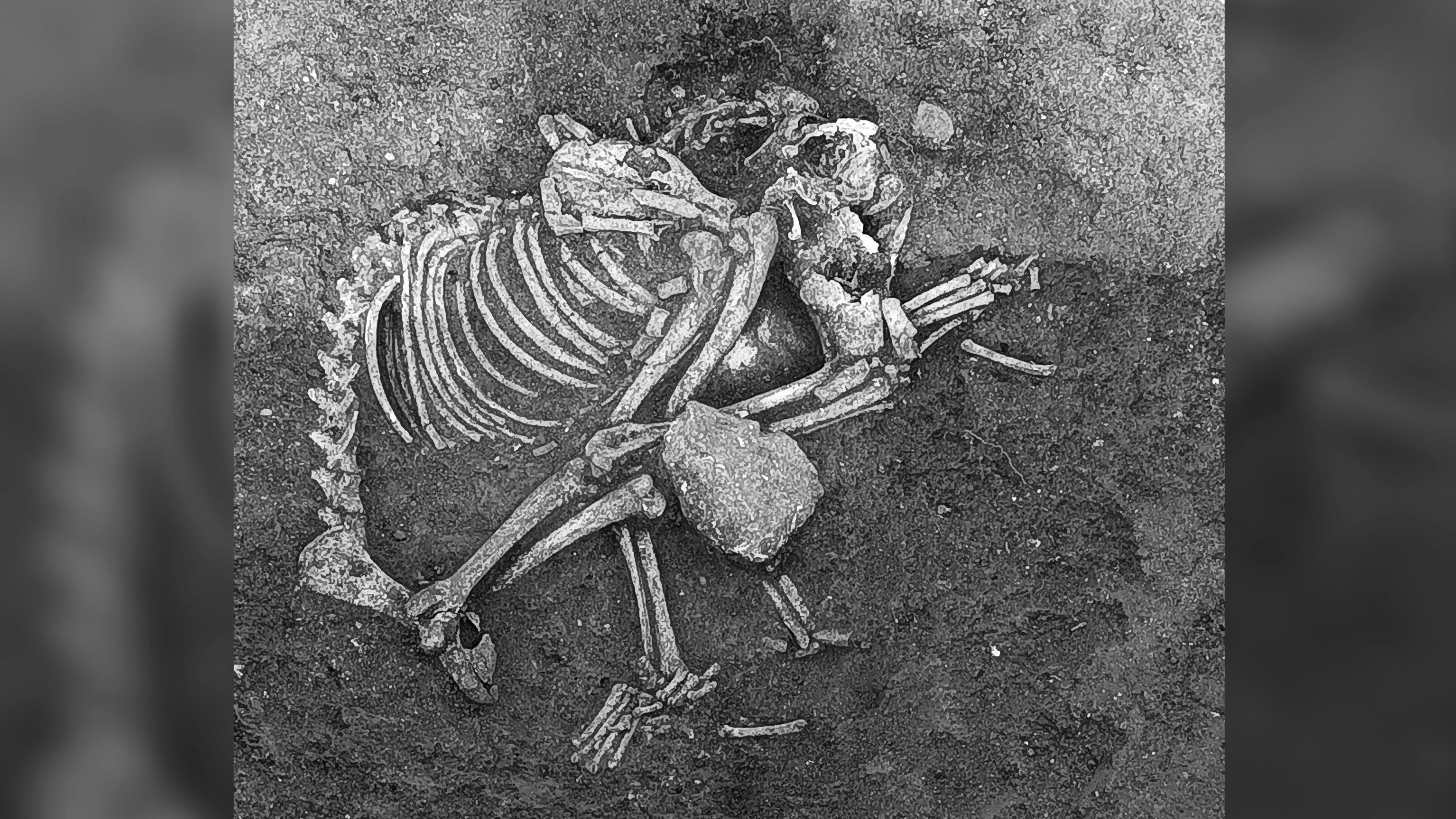Mammals 'Got Milk' for Past 160 Million Years

Moms today are strongly encouraged to nurse their babies. Mother's milk is more nourishing than formula and provides infants with some immune protection.
This makes intuitive sense. Mammals and milk go together — it is produced by all species in this group and apparently has been for at least 160 million years.
A new study looks at the genes that produce milk among seven species of mammals, including us, and finds that all of them share a lot of the same milk-making genes but not all species deliver the same milk. In fact, the milk might be tailored to the specific immune system needs of the animals.
Researchers with the Bovine Lactation Genome Consortium compared 197 milk and mammary genes from cattle, (Bos taurus aka European cattle), and more than 6,000 mammary-related genes, with other genes in the bovine genome.
They also compared these milk and mammary genes with similar ones from a platypus (one of only two species of mammals that lay eggs rather than giving birth to live young), opossum (a marsupial, which carries young in a pouch after birth), human, dog, mouse and rat.
By comparing the genes of these species of mammals, the team discovered that, compared to other cattle genes, the individual milk and milk-production genes are more likely to be found in all mammals, despite the wide diversity of lactation strategies. Milk-production genes also are less likely to have changed as news species evolved.
"The most recent common ancestor of these seven mammals would have lived around 160 million years ago," said Danielle Lemay, the lead author on the milk genome study and a bioinformatician and nutrition scientist in the University of California, Davis, Department of Food Science and Technology. "Therefore, it is expected that these genes existed in the common ancestor 160 million years ago."
Get the world’s most fascinating discoveries delivered straight to your inbox.
Mammals' origins go back to mammal-like reptiles called synapsids. The first synapsids occur in the fossil record about 310 million years ago.
The milk genome
The milk-genome researchers focused on cattle genes involved with milk and the lactation process because of the role that milk plays in the lives of cattle, humans and all other mammals.
"Because milk is produced for offspring at great physiological expense to the mother, we can theorize that there are few superfluous components in milk," said UC Davis professor and food scientist Bruce German, a member of the consortium. "Generation after generation, those animals that are able to produce more nourishing milk perpetuate their genes through the survival and reproductive success of their offspring."
The researchers narrowed the search for genes that affect milk traits by overlaying the genetic data on existing information regarding 238 DNA segments that are known to be associated with particular traits.
"Overall, the findings of our study support the hypothesis that the biological roots of milk production in mammals are quite ancient and that the evolution of milk has been constrained in order to maximize the survival of both mother and offspring," said Juan Medrano, a professor of animal genetics at the University of California, Davis, and also a consortium member.
Secreting milk v. immune boosting
The researchers also found that the milk proteins that remained the same across species were those proteins related to secreting milk in mammals. Conversely, those milk proteins that had diverged the most from species to species were those associated with the nutritional and immunological components of milk.
This suggests that the immunological component of milk is tailored to the particular needs of each species and highlights the need for future nutrition research to examine how foods might be tailored to meet individual immunological needs, the researchers noted.
The results were detailed in the April 24 issue of the online journal Genome Biology, timed to come out the same day that the entire cattle genome was published in the journal Science. That project took six years and involved more than 300 scientists from 25 countries. It was coordinated by the Baylor College of Medicine Human Genome Sequencing Center.
Funding for researchers participating in the bovine lactation genome study was provided by the International Milk Genomics Consortium, National Institute of Environmental Health Sciences, U.S. Department of Agriculture Agricultural Research Service, New Zealand’s Foundation for Research Science and Technology, California Dairy Research Foundation, National Human Genome Research Institute, Genome Canada and Genome BC, Swiss National Science Foundation, Australia’s Cooperative Research Centre for Innovative Dairy Products, and Gardiner Foundation.
- Video – See How Cats Walk and Stalk
- Gallery: Evolution's Most Extreme Mammals
- 10 Amazing Things You Didn't Know About Animals
 Live Science Plus
Live Science Plus






